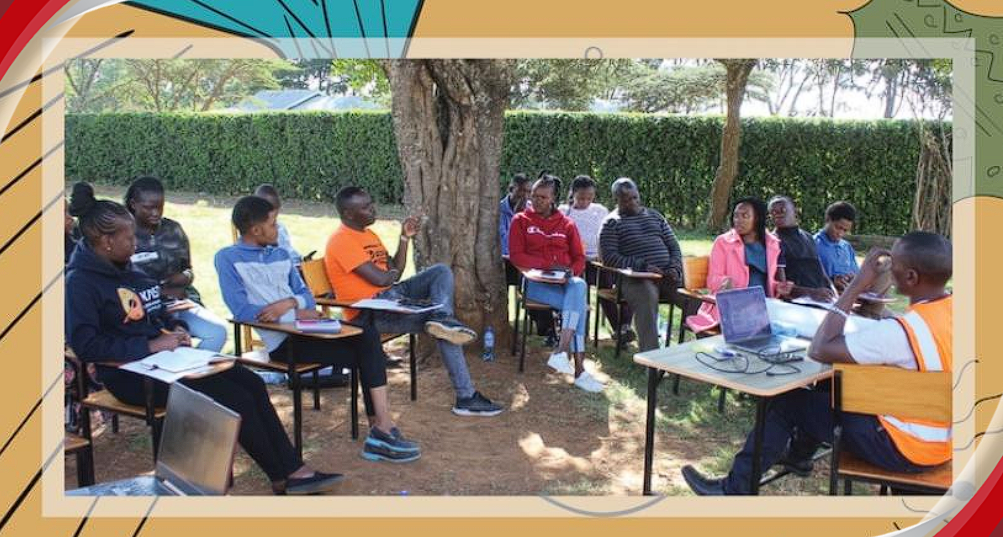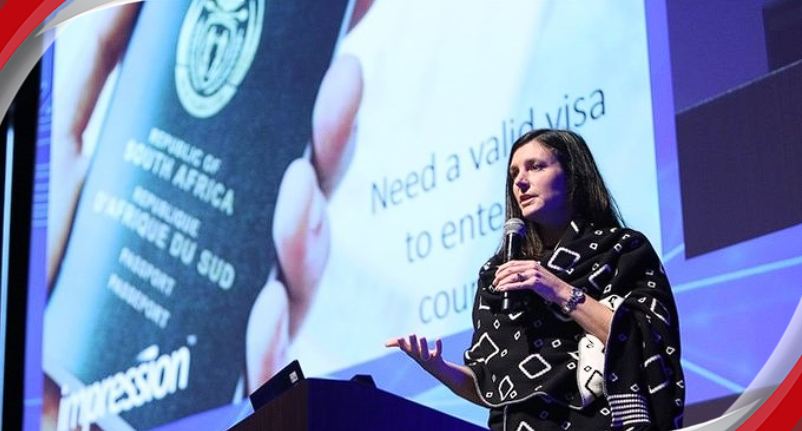Articles
Game-changing strategies for South African small businesses
-
2 years ago
When times are troubled and uncertain, businesses need to evolve and remain competitive. Developing a change strategy process can be overwhelming but it does not need to be complicated.
Here are four easy steps to a change strategy process that will give your business purpose and direction:
1. Set your intention
Create quiet, calm time to assess the situation. Use this to gain mastery of your personal space and eliminate the confusing rush of thoughts and inner busyness that clouds your wisdom. This quiet time will open your mind to think and see clearly. Methods such as meditation, walking in nature or breathing exercises are excellent tools. In my experience, most entrepreneurs believe they are pretty good at setting aside time to review the situation. However, this is often done in a frenzied state during sleepless nights and churning of the same thoughts endlessly rather than the bringing of fresh wisdom in moments of calm. The difference in calm is our quality of thinking is greatly improved and makes space for fresh understanding to surface.2. Reconnect
Reconnect with your personal and business vision. Decide what you wish to do (or change) and why. Reconnecting with our personal and business vision will re-energise a belief in purpose. It will polish your motivation and re-connect you with the “Why” of your chosen life path. Without this we cannot lead a business with conviction, so time spent here is valuable.3. Fact check
Gather factual insights into the situation through data and research. This requires both an assessment of the business inner state through a review of the finances, discussions with staff members, assessment of the sales pipeline, and an evaluation of the external state through some research and data gathering on what is happening outside the business.
This step is the one that is most frequently missed, as business leaders rush to make decisions “on a hunch”, personal intuition or team insight. Decisions made with insufficient factual insight are likely to have a hit-and-miss outcome – yet when faced with a crisis what we need more than anything is certainty that our plans will deliver the right results.
So, take time to gather your insights properly – do desktop research to find trends, call competitors to ask how their business is going, use LinkedIn, Facebook and other tools to identify how customers are behaving. Conduct mini surveys or purchase trend reports to give you the information you need. It might help to use a simple tool to construct your thinking, such as the Porter’s 5 forces model.
4. Review and assess
Use the information to create your game changer action plan. Test, review, retest, adjust and launch. And then, follow the 40/70 rule to decide on the action you will take, test it adjust it and drive it forward. Our role as business leaders is to manage risk and make wise choices that are bold but not foolish, insights-driven but not analysed to death. In a fast-moving world, we need to move fast enough to stay abreast of changes, but not so fast that we crash and burn. Taking time to properly assess our situation, review our options and then test, review and revise our strategy, re-test and adjust before going big has proven to work in times like these.Related Articles Posts
Categories
Popular Post
-
 SA’s IT spend to outpace GDP growth 1 year ago
SA’s IT spend to outpace GDP growth 1 year ago -
 Vodacom, Netstar launch free in-taxi Wi-... 1 year ago
Vodacom, Netstar launch free in-taxi Wi-... 1 year ago -
 South Africa under pressure to fill cybe... 1 year ago
South Africa under pressure to fill cybe... 1 year ago -
 Organisations with a strong employee val... 1 year ago
Organisations with a strong employee val... 1 year ago -
 Joint policy-in-action event highlights... 1 year ago
Joint policy-in-action event highlights... 1 year ago -
 Boost your digital transformation journe... 1 year ago
Boost your digital transformation journe... 1 year ago







